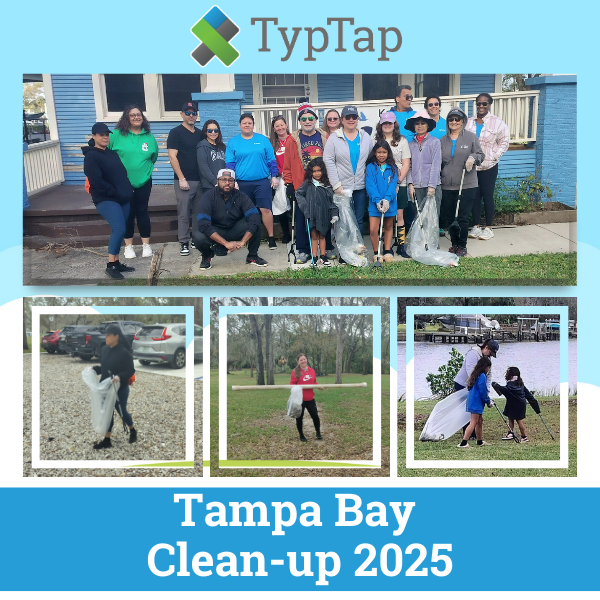At TypTap, we recognize the significance of learning from others in the industry to provide the best possible experience. One of our partner agents, Ron Assise, holds decades of experience and consistently exceeds his clients’ expectations.
Assise serves as the Senior Vice President of Horton Personal Insurance, bringing nearly forty years of industry experience to his role. He began his career as an Agent and District Manager for Prudential Insurance, later becoming a District Manager for American Family Insurance. He then founded his own agency, The Ronald Assise Insurance Group, before joining The Horton Group as the Senior Vice President of Horton Personal Insurance, where he continues to lead with his expertise and agency experience.
TypTap recently sat down with Assise to discuss his mentorship philosophies and learn actionable steps to becoming a better mentor.
What are your best practices for leading a successful mentorship?
Setting ground rules is instrumental in a successful relationship for both parties. Certain deliverables and expectations can get lost in translation without a defined plan. One way to have clear expectations is by setting Specific, Measurable, Achievable, Relevant, and Time-Bound (SMART) goals.
Defining what success means to the mentee is critical in developing a fruitful mentorship. Success looks different from one individual to another, and being cognizant of a mentee’s outlook can support in crafting an effective plan. At its core, a mentorship relationship should be accountable for both parties and should celebrate the big and little wins while taking all things in stride.
What is the best way to get started as a mentor?
Partnerships are a two-way street, where the mentor and mentee should be aligned with their professional goals. As a mentor, defining areas you feel best suited to provide mentorship will allow mentees to decide if their expertise aligns with their objectives.
Once the partnership is established, mentors should feel comfortable sharing their experiences – both the successes and the failures. As important as sharing, it is equally important to listen to mentees and do so with patience. Give your mentee enough space to navigate problems and allow them to struggle and even fail. Mentors often feel obligated to take on a parental role, but it is imperative to provide mentees a space to navigate difficult tasks on their own. By encouraging your mentee to be independent and by designating boundaries at the beginning of the relationship, this can be achieved.
Why do you feel mentorship is important?
As an individual in a leadership position, there is a sense of responsibility to cultivate the next generation’s acumen and develop tomorrow’s mentors and leaders. However, mentorships go both ways. Mentors not only provide learning opportunities to mentees, but many times mentors can also learn from their mentees.
Why might your boss not be a good option for a mentor?
Bosses may not be the best fit to act as a mentor since a conflict of interest exists across multiple fronts. Great mentors can be found in different departments, positions, and have various levels of experience. It’s not necessary to have the highest-ranking person in your department to serve as a mentor, as long as the mentor has admirable traits, availability, and knowledge that inspires the mentee.
TypTap is grateful to have partner agents like Ron Assise, a forward-looking leader with a passion for service. Share your mentoring tips with us at hello@typtap.com and we’ll keep the conversation going.



